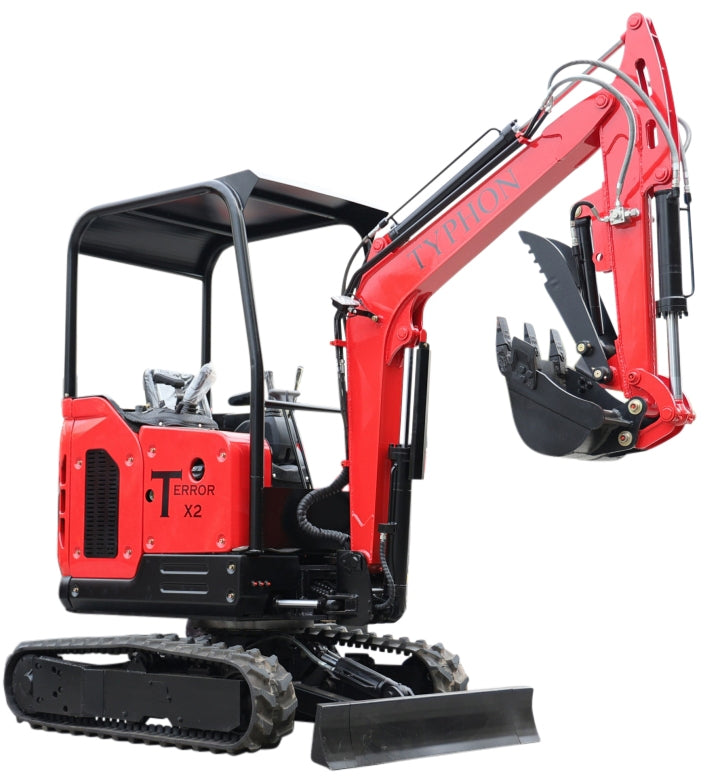Comprehensive Guidelines for Mini Excavator Owners:
Introduction:
Mini excavators are indispensable tools in construction, landscaping, and various other industries due to their versatility and efficiency. However, to ensure their optimal performance and longevity, diligent maintenance practices are paramount. This comprehensive guide delineates step-by-step procedures for routine upkeep, emphasizes the significance of adhering to manufacturer recommendations, and provides troubleshooting insights for operators.
Step-by-Step Maintenance Procedures:
Fluid Checks:
Regularly inspect hydraulic fluid, engine oil, coolant, and other vital fluids according to the manufacturer's specifications.
Ensure proper levels and replenish or replace fluids as needed to prevent component damage and maintain operational efficiency.
Lubrication:
Lubricate all moving parts such as joints, pins, and bushings to reduce friction and wear.
Utilize recommended lubricants and follow the prescribed intervals to prolong component lifespan and enhance performance.
Filter Replacement:
Regularly replace air, fuel, and hydraulic filters based on the manufacturer's guidelines.
Clean or replace clogged filters promptly to safeguard engine performance and prevent contamination in hydraulic systems.
Inspection Protocols:
Tracks:
Routinely inspect tracks for signs of wear, damage, or misalignment.
Ensure proper tension and alignment to prevent premature wear and maintain stability during operation.
Undercarriage:
Check undercarriage components, including rollers, idlers, and sprockets, for wear and damage.
Address any issues promptly to prevent track misalignment and ensure smooth operation on various terrains.
Hydraulic Systems:
Inspect hydraulic hoses, fittings, and cylinders for leaks, damage, or signs of deterioration.
Address leaks promptly to prevent fluid loss, maintain hydraulic pressure, and prevent component damage.
Adherence to Manufacturer Recommendations:
Scheduled Servicing:
Adhere strictly to the manufacturer's recommended service intervals for inspections, fluid changes, and component replacements.
Regular servicing ensures optimal performance, reduces downtime, and mitigates the risk of costly repairs.
Repairs:
Entrust repairs to qualified technicians and use genuine OEM parts to maintain the integrity and reliability of the mini excavator.
Avoid makeshift solutions or unauthorized modifications that may compromise safety and performance.
Troubleshooting:
Common Problems:
Familiarize operators with common mini excavator issues such as overheating, hydraulic malfunctions, and electrical faults.
Guide identifying symptoms, isolating root causes, and implementing corrective actions to minimize downtime.
Operator Training:
Equip operators with troubleshooting techniques and preventive maintenance knowledge to address minor issues promptly.
Emphasize the importance of regular inspections and proactive maintenance in preventing costly breakdowns and ensuring operational continuity.
Conclusion:
By adhering to a meticulous maintenance regimen, mini excavator owners can optimize performance, extend longevity, and maximize return on investment. Through routine checks, adherence to manufacturer recommendations, and proactive troubleshooting, operators can minimize downtime, enhance reliability, and ensure the uninterrupted operation of these indispensable machines in various industrial applications.

